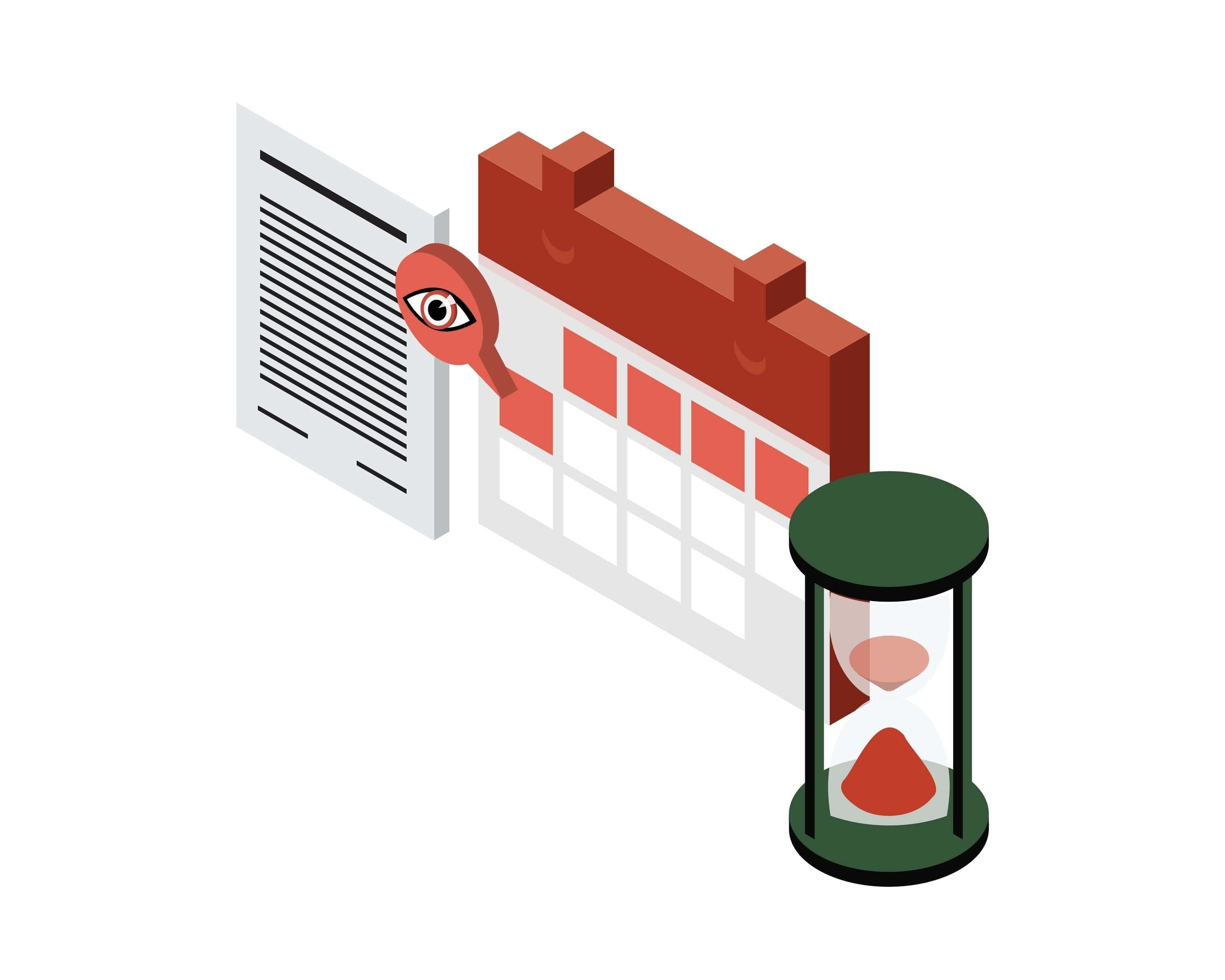परिचय
Welcome to our guide on money-back insurance policies, which are a popular type of insurance policy that many people opt for. If you are considering buying a life insurance policy, then you may be interested in learning about money-back insurance policies. These policies offer a guaranteed return on the premium paid during the policy term and provide a survival benefit to the policyholder. So, if you survive the policy term, you will receive a lump sum payment which is a percentage of the premium paid.
Throughout this blog, we will explore what money-back insurance policies are, how they work, their benefits and drawbacks, and how they differ from other types of insurance policies. We will also address some common misconceptions about money-back insurance policies and answer some frequently asked questions.
Whether you are actively considering a money-back insurance policy or are simply curious about this type of policy, keep reading to learn more about it!
What is a Money Back Policy?
Money-back insurance policy guarantees a return on the premium paid during the policy term. Unlike other types of life insurance policies, that pay a death benefit to the beneficiary if the policyholder dies during the policy term, a money-back policy provides a survival benefit to you, the policyholder.
If you survive the policy term, you will receive a lump sum payment which is a percentage of the premium paid. This payment is called the maturity benefit, and the percentage of the premium paid that is returned to you varies, depending on the terms of the policy. Additionally, it offers periodic payouts known as survival benefits at specific intervals during the policy term. The amount of the survival benefit is a certain percentage of the sum assured.
The purpose of a money-back insurance policy is to provide financial security for you and your family during the policy term. This type of policy is especially helpful if you're looking for a guaranteed return on your investment and want to make sure that you receive a lump sum payment at the end of the policy tenure.
How Does Money-Back Policy Work?
Let us understand the working of money-back policies with the help of an example:
Divya opted for a money-back insurance policy that provides coverage for 20 years and has a sum assured of ₹20,00,000 The policy offers a survival benefit of 20% every five years, which means she will receive a payout of ₹4,00,000 in the 5th, 10th, and 15th year of the policy. On completion of the 20-year policy term, she will receive the remaining ₹6,00,000 along with any applicable bonus.
This policy allows Divya to plan her financial goals accordingly. She can use the payouts received in the 5th, 10th, and 15th year to purchase a car, make a down payment on a flat, and save for her retirement, respectively.
In case of Divya's unfortunate demise in the 19th year of the policy, her nominee would have received the entire sum assured of ₹20,00,000, without any deduction of the survival benefits already paid.
Features of Money-Back Policies
Some of the features of money-back policies are:
- Dual benefits: Money-back policies offer both insurance and savings benefits. Policyholders can avail of the insurance benefit in case of their untimely demise and the savings benefit, in case they survive the policy term.
- Survival benefits: Money-back policies offer periodic payouts, known as survival benefits, to the policyholder at specific intervals during the policy term. The amount of the survival benefit is a certain percentage of the sum assured.
- Maturity benefit: When the policy reaches maturity, the remaining sum assured is paid out to the policyholder.
- Death benefit: Money-back policies protect the policyholder's family in case of their untimely demise. The nominee thus receives the entire sum assured, irrespective of any previously paid survival benefits.
- Periodic payouts: Money-back policies offer periodic payouts, known as survival benefits, at specific intervals during the policy term. This can be useful for policyholders in meeting their financial goals and milestones.
- Premium payment options: Money-back policies offer flexible premium payment options such as monthly, quarterly, half-yearly, or yearly payments.
Loan facility: Policyholders can avail of a loan against their money-back policy, which is a useful feature in case of financial emergencies.- Surrender value: Money-back policies have a surrender value, which is the amount payable to the policyholder in case of early termination of the policy.
- Tax benefits: Money-back policies offer tax benefits under Section 80C of the Income Tax Act, for the premium paid and under Section 10(10D) for the maturity benefit and death benefit received.
Things to Keep in Mind before Purchasing a Money-Back Policy
Choosing the best money-back policy can be a daunting task, given the many options available in the market. Here are some key factors to consider when selecting the best money-back policy:
- Policy coverage: The policy coverage or sum assured should be sufficient to cover your financial needs and goals.
- Survival benefit: The percentage of the sum assured offered as a survival benefit and the frequency of payouts should be taken into consideration.
- Maturity benefit: The remaining sum assured is offered as a maturity benefit and any applicable bonus should also be considered.
- Premium payment: The premium payment options and flexibility offered by the policy should suit your financial situation and preferences.
- Policy term: The policy term should align with your financial goals and milestones.
- Claim settlement: The claim settlement history and reputation of the insurance company should be checked to ensure timely and hassle-free claim settlements.
- Riders and add-ons: Look for riders or add-ons that can enhance the coverage and benefits of the policy, such as accidental death benefit, critical illness coverage, etc.
Common Misconceptions about Money-Back Policies
- Money-back policies are only suitable for short-term financial goals: While money-back policies do offer periodic payouts, they are not necessarily suitable only for short-term goals. Policyholders can choose a longer policy term to align with their long-term financial goals and milestones.
- Money-back policies offer high returns: Money-back policies offer guaranteed returns, which may be lower than the returns offered by market-linked investments such as mutual funds. However, guaranteed returns offer a sense of stability and predictability that may be preferable for some investors.
- Money-back policies are expensive: Money-back policies can be more expensive than pure-term insurance policies, but they also offer savings benefits in addition to insurance coverage. The premium paid towards a money-back policy can also offer tax benefits, which can help reduce the overall cost.
- Money-back policies do not offer much protection: Money-back policies do offer protection in case of the policyholder's untimely demise. The entire sum assured is paid out to the nominee, irrespective of any survival benefits already paid.
- Money-back policies are not flexible: Money-back policies offer flexible premium payment options and policy terms to cater to the varying needs and preferences of policyholders.
निष्कर्ष
In conclusion, you may find money-back insurance policies to be a valuable financial instrument if you are seeking a combination of insurance coverage and savings benefits. These policies offer regular payouts to policyholders, which you can use to meet various financial goals and milestones. While there may be some misconceptions about the suitability, cost, and benefits of money-back policies, you need to weigh the features and benefits against your own financial goals and needs, before making an informed decision. Ultimately, a well-chosen money-back policy can provide you with a sense of security and financial stability, while helping you to achieve important financial milestones in life.






 1800-270-7000
1800-270-7000










